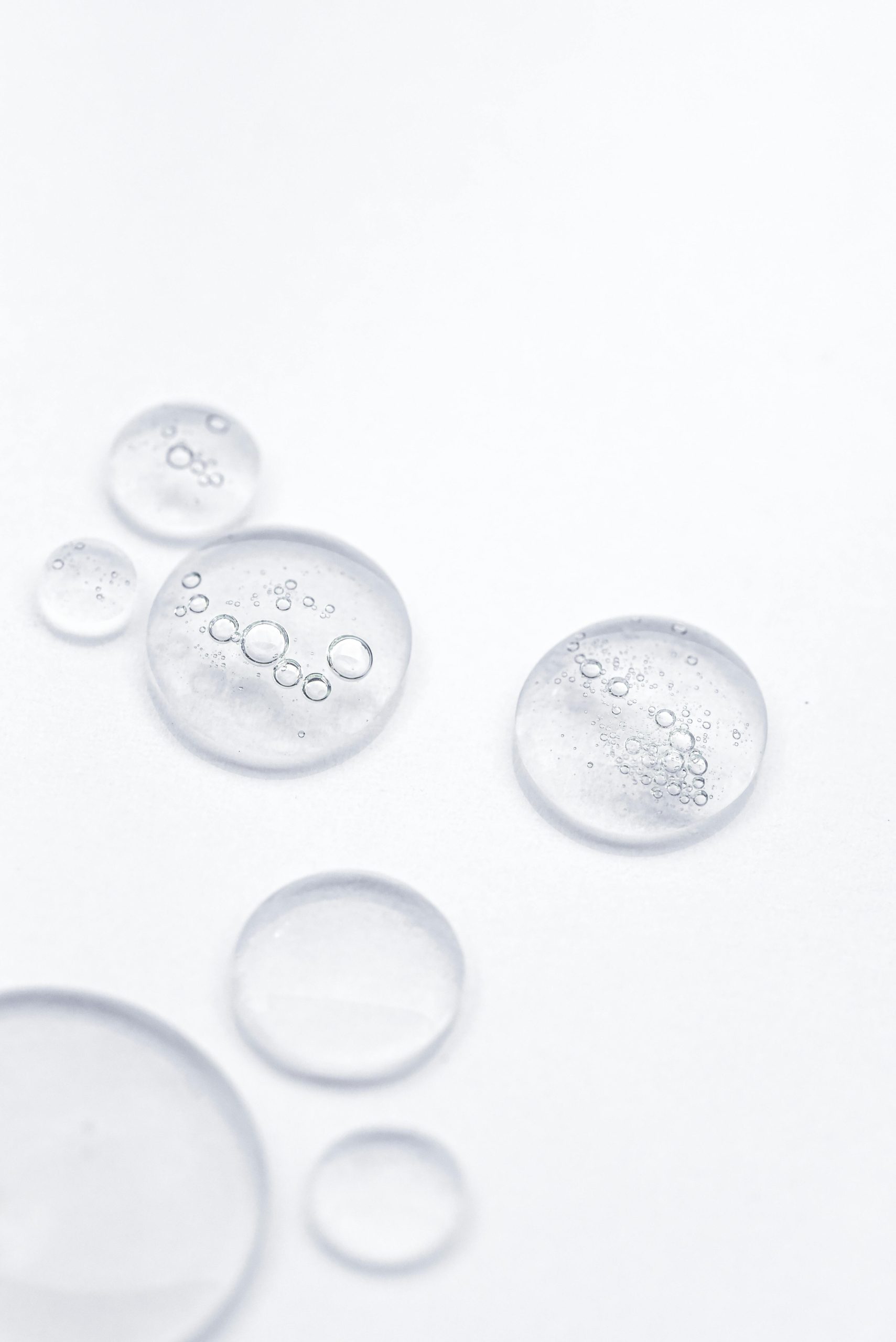Have you ever felt foggy-headed, struggled to concentrate, or experienced midday fatigue? While stress, sleep, and diet play a role, one often overlooked factor is hydration. Water isn’t just essential for physical health—it’s a critical component of mental clarity and focus. Research shows that even mild dehydration can impair cognitive function, memory, and mood. In this article, we’ll explore how proper hydration keeps your brain sharp and why drinking enough water should be a non-negotiable part of your daily routine.
How Dehydration Affects Your Brain
Your brain is about 75% water, and even a slight drop in hydration levels can disrupt its function. Studies reveal that losing just 1-2% of your body’s water content—something many people experience daily—can lead to noticeable declines in mental performance. Here’s how dehydration impacts your brain:
- Reduced Concentration: Dehydration slows down neural activity, making it harder to focus on tasks.
- Memory Lapses: Short-term memory and recall suffer when your brain lacks adequate hydration.
- Mood Swings: Even mild dehydration can increase irritability, anxiety, and fatigue.
- Slower Reaction Times: Decision-making and reflexes become sluggish when you’re dehydrated.
If you’ve ever felt mentally drained after a long day without enough water, now you know why. Staying hydrated is like giving your brain the fuel it needs to operate at its best.
The Science Behind Hydration and Mental Clarity
Water plays several key roles in brain function. First, it helps maintain the balance of electrolytes, which are essential for transmitting electrical signals between neurons. Without enough water, these signals weaken, leading to slower cognitive processing. Second, hydration supports the delivery of oxygen and nutrients to the brain, keeping energy levels stable. Finally, water aids in flushing out toxins that can accumulate and impair mental performance.
A study published in the Journal of Nutrition found that dehydration negatively affected participants’ ability to complete tasks requiring attention, executive function, and motor coordination. Another study in Frontiers in Human Neuroscience showed that drinking water improved reaction times and working memory in young adults. The evidence is clear: hydration isn’t just about quenching thirst—it’s about keeping your mind sharp.
Signs You’re Not Drinking Enough Water
Many people mistake dehydration for hunger, fatigue, or stress. Here are some telltale signs that your brain needs more water:
- Difficulty concentrating or staying on task
- Frequent headaches or dizziness
- Feeling unusually tired despite adequate sleep
- Dry mouth or bad breath
- Mood swings or increased irritability
If you experience these symptoms regularly, try drinking a glass of water before reaching for coffee or a snack. You might be surprised by how quickly your mental fog lifts.
How Much Water Do You Really Need?
The old “eight glasses a day” rule is a good starting point, but individual needs vary based on factors like activity level, climate, and body weight. A more accurate approach is to:
- Listen to your body: Thirst is an obvious signal, but don’t wait until you’re parched to drink.
- Check your urine: Pale yellow means you’re well-hydrated; dark yellow or amber indicates dehydration.
- Adjust for activity: Drink extra water before, during, and after exercise.
- Consider your diet: Fruits, vegetables, and herbal teas also contribute to hydration.
For a personalized estimate, divide your body weight (in pounds) by two—that’s roughly how many ounces of water you should aim for daily. For example, a 150-pound person would need about 75 ounces (just over nine cups).
Simple Ways to Stay Hydrated for Better Focus
If you struggle to drink enough water, try these easy strategies:
- Start your day with water: Drink a glass first thing in the morning to kickstart hydration.
- Keep a bottle handy: Having water within reach makes sipping throughout the day effortless.
- Set reminders: Use phone alerts or apps to prompt regular water breaks.
- Infuse flavor: Add lemon, cucumber, or mint to make water more appealing.
- Eat water-rich foods: Snack on watermelon, cucumbers, oranges, and celery.
Small habits add up, and soon, staying hydrated will feel like second nature—with noticeable benefits for your mental clarity.
Conclusion
Hydration is a simple yet powerful tool for maintaining mental sharpness. Whether you’re studying, working, or just trying to stay alert, drinking enough water can make a significant difference in your focus, memory, and mood. By recognizing the signs of dehydration and making hydration a priority, you’ll give your brain the support it needs to perform at its best. So next time you feel your concentration slipping, reach for water—it might be the mental boost you’ve been missing.

Leave a Reply